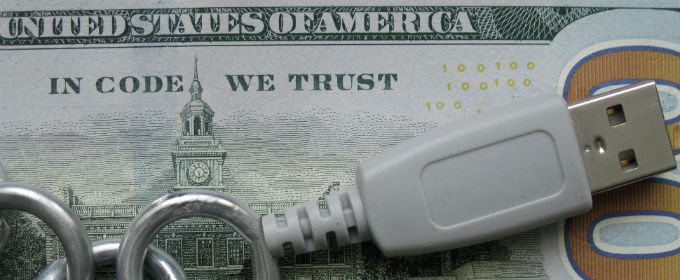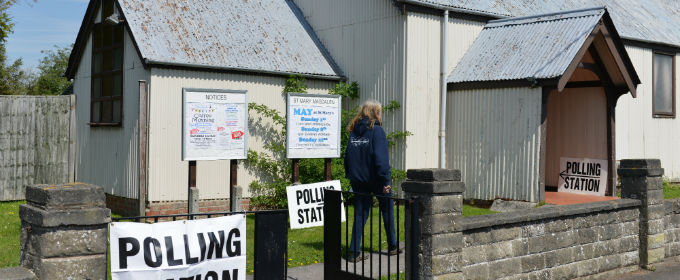The Football Governance Bill sets out to establish a new Independent Football Regulator (IFR) for English men’s elite football. As these plans for a new regulator continue to unfold, research conducted by the Department of Criminology at The University of Manchester has found that the ownership structures of many English Premier League football clubs share […]








